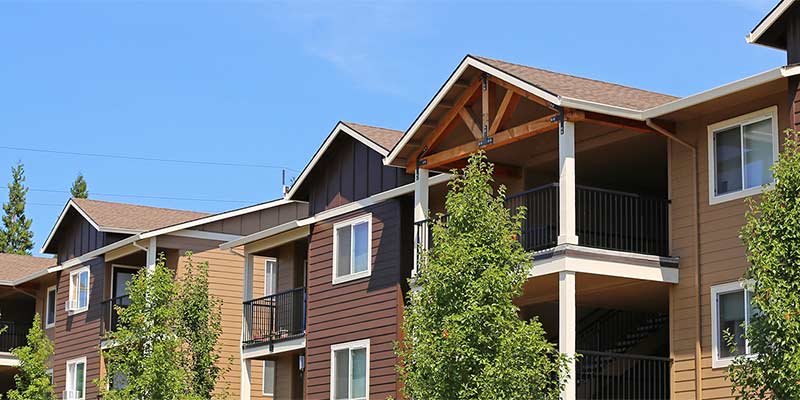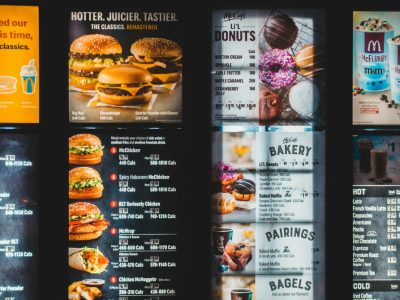How the Convenience Economy Is Impacting the Multifamily Market
In today’s fast-paced world, the convenience economy is revolutionizing how we live, work, and interact. As technology advances and our lifestyles evolve, the demand for convenience has become a significant driving force across various industries, including the multifamily apartment market.
The Convenience Economy
The convenience economy is a term that describes the rise of peer-to-peer service platforms like Uber and Airbnb. In other words, it’s a shared economy, changing how we travel, communicate, and purchase.
Below are a few examples of how the convenience economy has affected the multifamily market:
On-Demand Services and Amenities
The rise of the convenience economy has given birth to many on-demand services and amenities that cater to residents’ desire for effortless living. From package lockers and laundry services to dog walking and grocery delivery, multifamily properties increasingly integrate these conveniences into their offerings. By partnering with service providers or implementing in-house solutions, property managers can enhance resident satisfaction and differentiate their communities in a competitive market.
Smart Home Technology
One of the key manifestations of the convenience economy in multifamily apartments is the widespread adoption of smart home technology. Residents now seek apartments equipped with smart thermostats, voice-activated assistants, and connected devices that offer seamless control and automation. Smart technology not only enhances convenience but also promotes energy efficiency and sustainability, further aligning with the preferences of environmentally-conscious residents.
Co-Working Spaces and Remote Work Support
The convenience economy has also reshaped how people work, with a growing emphasis on remote work and flexible schedules. Multifamily properties recognize this shift by incorporating dedicated co-working spaces, high-speed internet connectivity, and business centers within their communities. Property managers can attract professionals who prioritize convenience and work-life integration by providing work-friendly environments and amenities.
Digital Platforms for Resident Services
In the convenience economy, digital platforms enhance the resident experience. Property management companies leverage technology to streamline communication, facilitate rent payments, and provide online maintenance request systems. By offering user-friendly platforms and mobile apps, property managers can improve convenience and accessibility, ultimately fostering resident satisfaction and loyalty.
Location and Access to Essentials
Residents increasingly prioritize proximity to essential services and amenities as part of the convenience economy. Multifamily properties strategically located near grocery stores, restaurants, fitness centers, and public transportation gain a competitive edge. Proximity to these conveniences allows residents to save time and effort, contributing to an enhanced quality of life.
Embracing Convenience to Thrive in an Evolving Landscape
Convenience technology is not a fad; it’s a shift. The convenience economy has become dominant, shaping the multifamily apartment market and influencing residents’ expectations. Property managers must embrace the changing demands and integrate convenient solutions into their offerings to thrive in this evolving landscape.
If your residents use an app service like Washio, why spend thousands of dollars on a laundry room in your complex?
Take the time to research and find the apps that your residents are using and what’s trending. You may find that you can allocate additional funds to the amenities your residents want rather than what is speculated to be most important.




